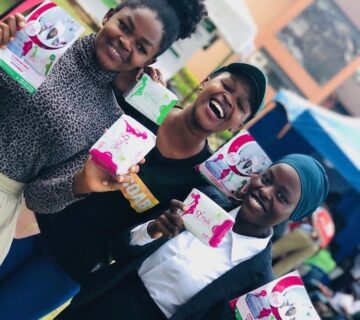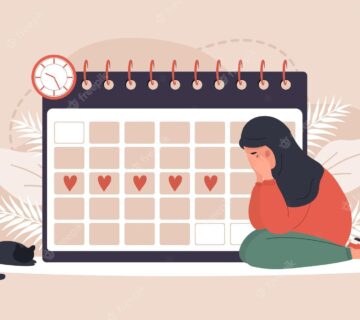Every day, millions of women and girls have to manage their menstruation, an entirely natural physiological process, yet one that often remains considered too ‘private’ to discuss, let alone manage confidently.
Menstrual stigma remains entrenched in societies the world over, but the lack of adequate hygiene facilities and safe menstrual products is particularly acute in many communities.
Cultural and social attitudes towards females’ place in society as well as, quite simply, period poverty often stand in the way of women and girls being able to manage their menstrual cycle safely and in dignity. This has profound and wide-reaching implications not only for women’s and girls’ health and well-being, but also
for their participation in education, economic activities and social life.
In the absence of easily available information that would help girls confront misconceptions and keep themselves healthy, menstruation can quickly become an undignified and traumatic process.
Despite national policy frameworks inching towards greater gender inclusivity, school curricula usually remain silent on taboo topics such as menstrual health and hygiene, access to information services for adolescents is limited, and adequate female-friendly facilities are all but missing in public institutions.
School environments so rarely cater for girls’ needs during menstruation, it
comes at little surprise that many end up missing school days or dropping out of school altogether. This can change if all key stakeholders become intentional and interests in ending Menstrual Stigma and Period Poverty.
Let’s Spread HOPE as we address Menstrual Health and Hygiene related concerns.







No comment